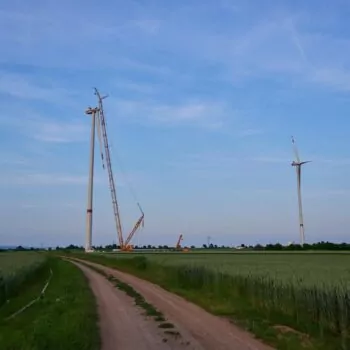- Shell’s recent threat to relocate to the US exposes ignorance of changing energy landscape and demonstrates a desperate move in a losing game.
- Contrary to their claims, the demand for oil and gas is declining, with the International Energy Agency (IEA) forecasting peak demand in the first half of the 2030s.
Overview
Shell’s attempt to create a false choice between new production and blackouts exposes its blind spot in an evolving energy world. Countries have viable options to move away from fossil fuels and no longer need to support fossil fuel industry goals.
The reality is that oil demand growth is set to slow down over the next 5 years and gas demand is expected to peak over this decade. So, new projects that will take several years to come online will need very fast returns and high prices to make money. Yet high oil prices would foster a faster switch away from fossil fuels and drive down oil demand faster.
While a bidding war for gas affected poorer countries like Bangladesh and Pakistan, the deployment of renewables and efficiency measures offers cleaner and more affordable options. This would not only be faster to deploy than new gas developments but also free up public budget currently burdened by gas subsidies.
Quotes
Lisa Fischer, Programme Lead, E3G said:
“The threat by Shell to relocate to the US shows they are playing their last card in what is a losing game. They know that the European demand story for oil and gas is one of decline – and global forecasts are that even without further tightening of policies oil and gas demand will peak within the next decade. Renewables and heat pumps are now business and industrial growth sectors – driving foreign direct investments even in places without ambitious climate policy such as Poland.”
“Renewables and heat pumps mean that the dichotomy Shell sets up between new production and blackouts is false. It reveals Shell’s massive blind spot in what is a completely changed energy world – one where countries have options to switch away from fossil fuels and can no longer be blackmailed into supporting fossil fuel industry goals.”
– ENDS –
Available for comment
Lisa Fischer, Programme Lead, Clean Economy
m: +44 7710 167754 | lisa.fischer@e3g.org
Notes to Editors
- E3G is an independent climate change think tank with a global outlook. We work on the frontier of the climate landscape, tackling the barriers and advancing the solutions to a safe climate. Our goal is to translate climate politics, economics and policies into action. About – E3G
- For further enquiries email press@e3g.org or phone +44 (0)7783 787 863


